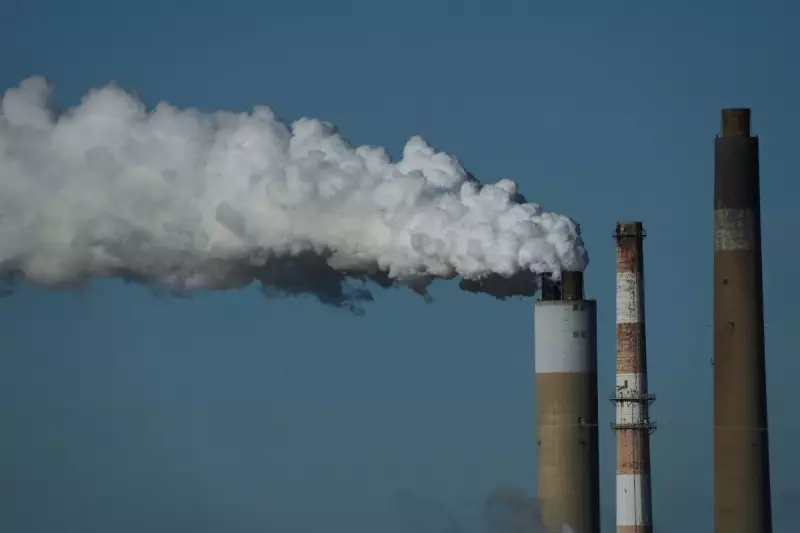
COP30 Delivers Implementation Signal Amid Fossil Fuel Setback
The recent United Nations climate talks, known as COP30, held in the Amazonian city of Belem, Brazil, have concluded with a final agreement that has drawn a mixture of cautious optimism and deep concern from global experts. While the conference succeeded in sending a powerful signal to move into an era of implementation, it notably failed to deliver a consensus on a crucial road map to phase out coal, oil, and gas.
Bright Spots and Billions in Pledges
UN Climate Executive Secretary Simon Stiell emphasised that the talks provided a "very, very clear signal" that the world has now entered a phase focused on action. He pointed to seven specific paragraphs within the final agreements designed to spur reductions in greenhouse gas emissions and a move away from fossil fuels.
The COP30 presidency highlighted an ambitious 117-point "action agenda" aimed primarily at translating business pledges into tangible projects. Key financial commitments from this agenda include a monumental $1 trillion push for renewable electrical grids and energy storage. Other significant pledges featured $5.5 billion for a forest conservation fund and substantial funding for industrial decarbonisation in developing nations and agricultural projects.
A new voluntary mechanism, the "global implementation accelerator," was also launched. This system is intended to assist countries that wish to enhance their existing climate plans, with a particular focus on directing finance to where it is most needed.
The Road Map That Wasn't
The most significant disappointment for many was the failure to agree on a formal road map for transitioning away from fossil fuels, despite public support from Brazil's president and over 80 nations. Powerful opponents within the negotiations blocked the measure.
Panama's climate negotiator, Juan Carlos Monterrey Gómez, lamented the missed opportunity, stating, "This should have been the moment... But the world blinked again. The next year will be harder on communities and ecosystems."
In response, the COP30 presidency announced it would create two independent road maps outside of the UN process: one for a fossil fuel phaseout and another to halt deforestation. COP30 President André Corrêa do Lago committed to developing these plans based on science and economics, tailored to different national circumstances. His office will also co-host a special fossil fuel phaseout conference with Colombia and the Netherlands in April next year.
A Flawed Process and a Mixed Future
The reliance on consensus within the COP framework was exposed as a major weakness, often leading to the lowest common denominator in agreements. Experts noted that petrostates invested significant effort into blocking progress.
Looking ahead, the future appears to be one of contrast. Mohamed Adow of PowerShift Africa predicted, "Over the next year, we are likely to see continued escalation of climate impacts alongside gradual progress on climate action." This sentiment was echoed by Johan Rockstrom from the Potsdam Institute, who warned that all forms of extreme weather will increase, disproportionately affecting the most vulnerable and threatening ecosystems like the Amazon and coral reefs.
Despite the challenges, reasons for hope persist. With federal climate action stalling in some major nations like the United States, sub-national actors such as states, cities, and businesses are stepping up. As Katharine Hayhoe of The Nature Conservancy put it, "The giant boulder of climate action is already rolling down the hill in the right direction. It already has millions of hands on it. And as each of us adds our hand too, it goes a little faster."





